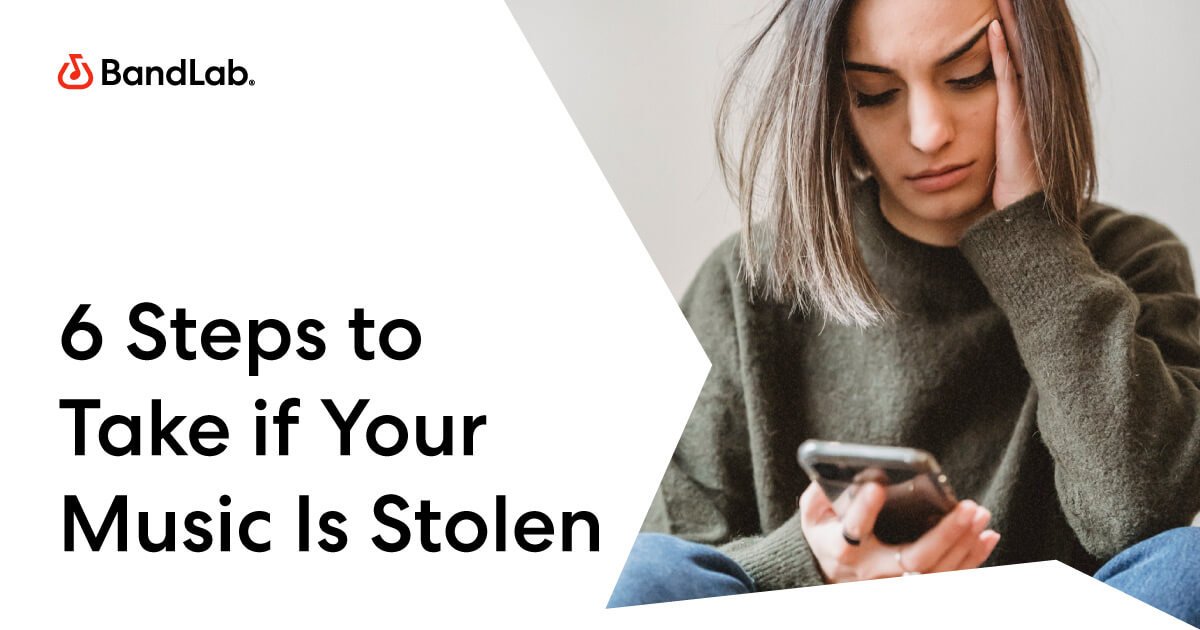Introduction
Music has always been a universal form of expression, touching lives, shaping cultures, and driving industries. However, in the digital age, the phrase “Music Is Stolen” has become increasingly relevant. Music theft, often referred to as piracy, is the unauthorized copying, distribution, or use of music without the consent of the creators or copyright holders. This practice has far-reaching consequences for artists, producers, and the music industry as a whole.
What Does “Music Is Stolen” Mean?
When we say “music is stolen”, it refers to situations where songs, albums, or compositions are used without permission. This includes downloading tracks illegally from unlicensed websites, sharing music without authorization, or even using copyrighted music in videos, podcasts, or commercial projects without proper licensing. Unlike traditional theft, stolen music might not physically disappear, but its impact on the creators is tangible.
The Rise of Music Piracy
The internet has made music more accessible than ever. Streaming platforms, social media, and file-sharing websites have brought music to millions, sometimes instantly. Unfortunately, this accessibility has also facilitated illegal practices. Illegal downloads, torrenting, and unauthorized streaming are common ways music gets stolen online. Even with modern anti-piracy measures, this remains a challenge for the industry.
Effects on Artists and the Music Industry
When music is stolen, the consequences are not just financial they affect creativity, careers, and cultural development. Independent artists often rely heavily on royalties from streams and sales to fund their work. Losing potential income can hinder their ability to produce new content. For established musicians and record labels, piracy reduces revenue and disrupts the investment in marketing, touring, and production.
Legal Consequences of Music Theft
Music theft is a violation of copyright laws in almost every country. Legal frameworks exist to protect the intellectual property of musicians and composers. Consequences can range from fines to lawsuits, and in some extreme cases, criminal charges. While enforcement can be complex in the digital era, these laws are crucial to ensure that artists are fairly compensated for their work.
How to Protect Music from Being Stolen
There are multiple strategies artists and the industry use to prevent music theft:
- Digital Rights Management (DRM): Technology that restricts unauthorized copying or distribution.
- Licensing: Ensuring that music use is legally permitted through agreements or royalties.
- Watermarking and Metadata: Embedding information in audio files to track usage.
- Legal Action: Taking action against websites or individuals illegally distributing music.
Fans can also help by supporting official channels, subscribing to streaming services, and avoiding illegal downloads.
The Ethical Perspective
Beyond legality, the statement “Music Is Stolen” also raises ethical concerns. Music is the product of creativity, time, and emotional effort. Using it without permission disrespects the artist’s labor and undermines the value of art in society. Supporting original music ensures that artists continue to create the songs that enrich our lives.
Conclusion
The issue highlighted by the keyword “Music Is Stolen” is a global challenge affecting the music industry, artists, and fans alike. While technology has made music more accessible, it has also made it more vulnerable to theft. Protecting music through legal, technological, and ethical measures is essential to sustain creativity and ensure that musicians receive the recognition and compensation they deserve. As consumers, understanding this issue encourages us to value music not just as entertainment, but as a precious cultural asset that deserves protection.
